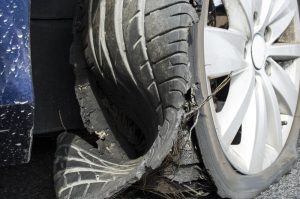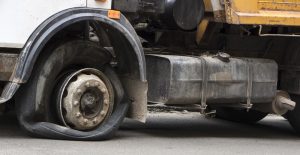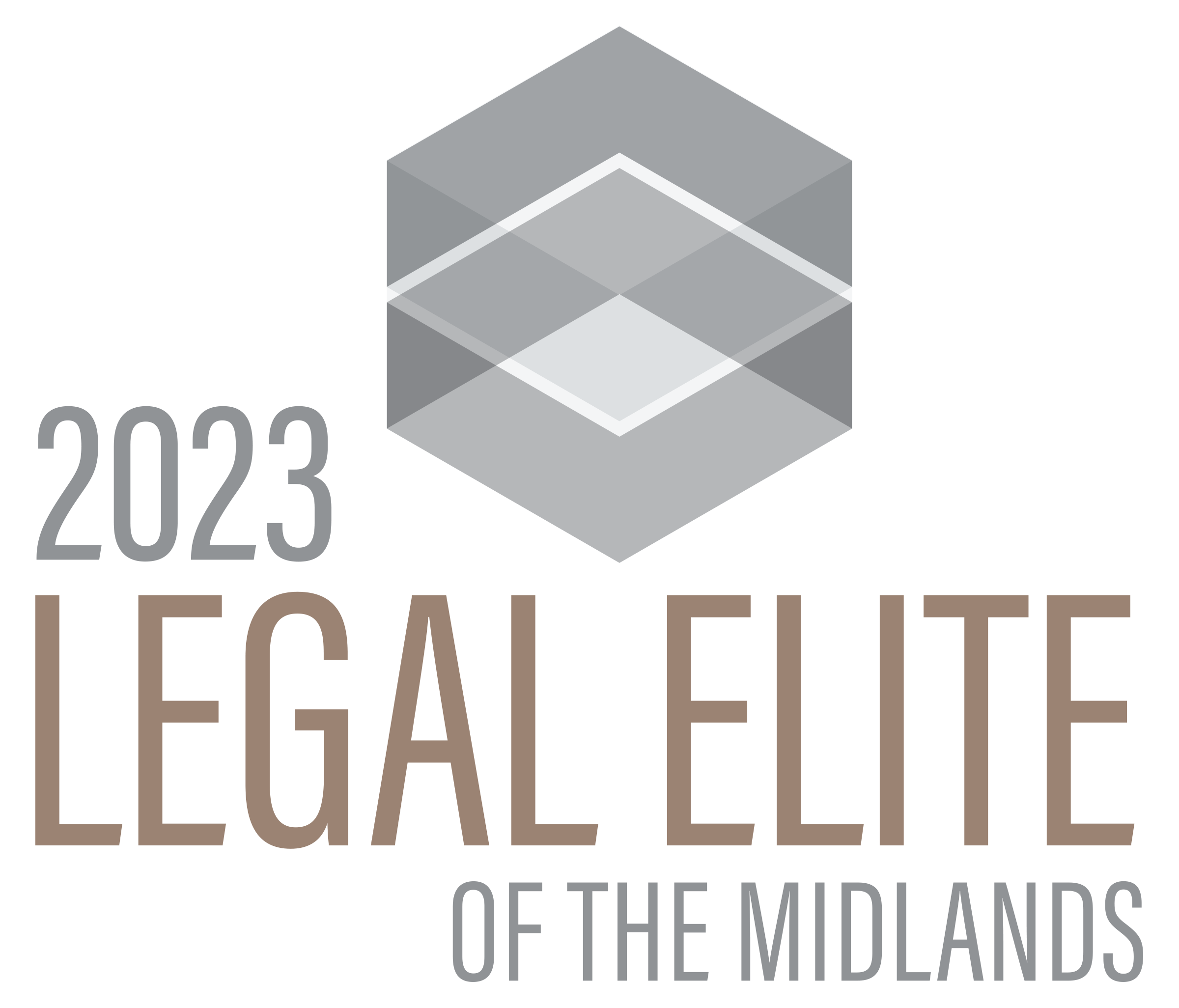Car Accidents Due to Tire Failure
 Tire health is critical to your safety and comfort on the road. Most drivers in the Soda City follow scheduled maintenance to a T, rotating tires when required, checking the treads, and keeping them at the proper pressure. However, severe or even fatal car accidents can result due to tire failure.
Tire health is critical to your safety and comfort on the road. Most drivers in the Soda City follow scheduled maintenance to a T, rotating tires when required, checking the treads, and keeping them at the proper pressure. However, severe or even fatal car accidents can result due to tire failure.
You might be entitled to financial compensation if you or a loved one were injured due to a tire defect. The Goings Law Firm, LLC has 46 combined years of experience representing clients after defective products change their life. Contact our office at (803) 350-9230 for a free case review.
What Is a Blowout?
A blowout occurs when a moving car’s tire suddenly bursts open. The compressed air or nitrogen inside will dissipate quickly from the tear, slowing the vehicle and throwing it off balance. There are many reasons why a tire may blow out, including:
- A sharp object, such as a nail, puncturing the tire
- Low pressure
- Worn, uneven, or warped tread
- Cracks anywhere on the tire’s surface
- Loading the vehicle too full
- Overheating
A blowout may also occur if a tire was not manufactured correctly. Certain defects or other situations that may lead to accidents include:
- Improper design – Manufacturers should design tires for safety, not just performance.
- Improper installation – A retailer should recommend and install the correct tires for a customer’s vehicle and environment.
- Holes – A tiny hole in the tire will allow the slow escape of compressed air.
- Tread separation – If layers or strips making up the tread do not properly stick together, a blowout may result.
- Wall separation – If a manufacturer improperly fuses the side walls, air may escape through cracking and lead to a blowout.
- Belt defects – Some tires use steel “belts” located below the tread. While belts generally reinforce the rubber, a defective belt may puncture it.
How Do Tire Recalls Work?
When a tire manufacturer receives a defect report and confirms it through an investigation, they should issue a voluntary recall. The size and scope of a recall will depend on how many tires share the same DOT code. This number, which can be found on either side wall, stores information about the tire’s size and date of manufacture.
While issuing a recall, companies may prepare mass mailings to notify customers and tell them what actions to take. They should also report the recall to the National Highway Traffic Safety Administration (NHTSA).
In some cases, the NHTSA or another federal agency will conduct its own investigation. They may ask the manufacturer to initiate a voluntary recall or force them to issue an involuntary recall.
You can determine if your tires are part of a recall online. Go to either the NHTSA’s website or the U.S. Tire Manufacturers Association database and enter your DOT code. If your tires are part of a recall, visit your mechanic or installer as soon as possible. The manufacturer may cover all or a portion of the cost of replacing the defective tires.
What to Do if Your Tire Blows Out
If you hear the sudden loud bursting and flapping noises of a tire blowout, follow the steps below to get to safety:
- Remain calm – Panicked drivers are more likely to get into an accident.
- Do not brake – You should not use your brakes immediately after a blowout. If you brake suddenly, you may lose control of the car.
- Steady your steering – The steering wheel will jerk immediately after the burst. Hold it as stable as possible. If the car veers toward one direction, steer the other way to compensate and stay in your lane.
- Use the gas – Keep consistent pressure on the gas pedal and maintain a safe speed. Since you have one less tire, you’ll need more power to keep the momentum and safely leave traffic.
- Turn on your four-way flashers – Let other vehicles know what happened and tell them to keep their distance by turning on your hazard lights.
- Pull to the shoulder – When you’re at a steady speed and have stabilized your car’s heading, gently pull over to the right shoulder and slow down to a stop.
- Call for help – Your insurance company or auto club may offer roadside assistance. Call them immediately if you need help changing over to your spare tire. Do everything possible to stay away from traffic.
What Must I Prove in a Tire Defect Lawsuit?
In a car accident due to tire failure lawsuit, you must prove four things:
- the tires were defective
- the defect caused your injuries
- the tires were not modified after the retailer installed them
- you followed instructions to maintain the tires
If a company knows that tires are defective but does not promptly recall them, it may be liable for injuries or deaths due to the defect. Other parties besides a manufacturer may hold some responsibility for a tire defect. These situations include:
 A mechanic or retailer knew the tires were defective but installed them anyway.
A mechanic or retailer knew the tires were defective but installed them anyway.- A mechanic or retailer did not inspect the tires for defects before releasing your vehicle.
- A mechanic did not follow appropriate safety steps when installing or inflating the tire.
- A trucking company did not replace a tire they knew was defective.
Possible Compensation After A Car Accident Due To Tire Failure
As your lawyer researches your accident, they will identify all parties who may be liable to compensate you for:
- Medical bills
- Lost wages
- Property or vehicle repairs
- Emotional distress
- Physical pain
- Lost quality and enjoyment of life
Consult a Car Accident Lawyer from Goings Law Firm, LLC
The team at Goings Law Firm, LLC in Columbia, SC, has extensive experience representing clients in auto defect, product liability, and car accident cases.
We have earned recognition from clients, national news magazines, and our colleagues alike. If you were injured after a defective tire blew out, we could pursue the justice and compensation you deserve.
Contact our Columbia office at (803) 350-9230 for a free consultation.

 A mechanic or retailer knew the tires were defective but installed them anyway.
A mechanic or retailer knew the tires were defective but installed them anyway.




























